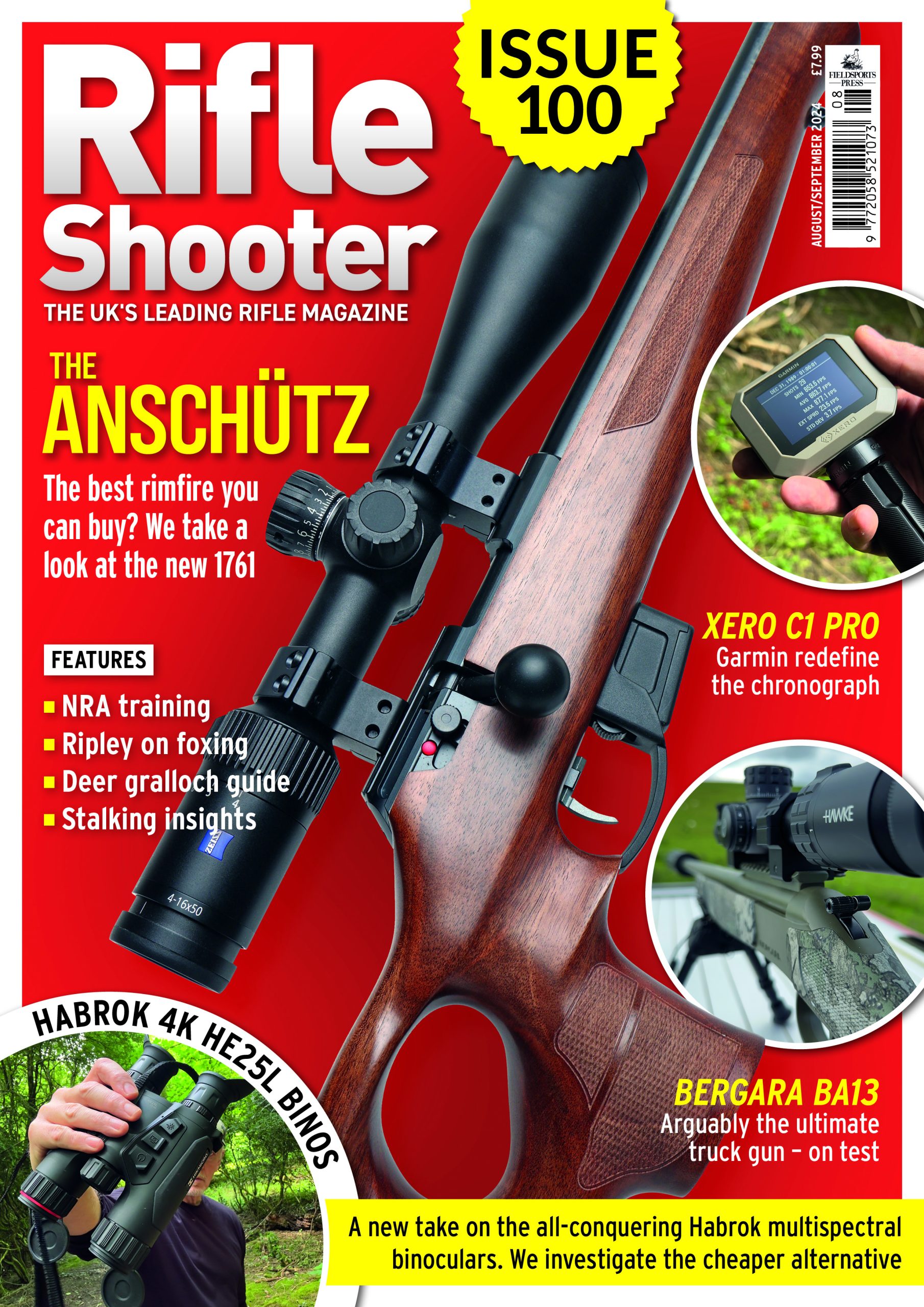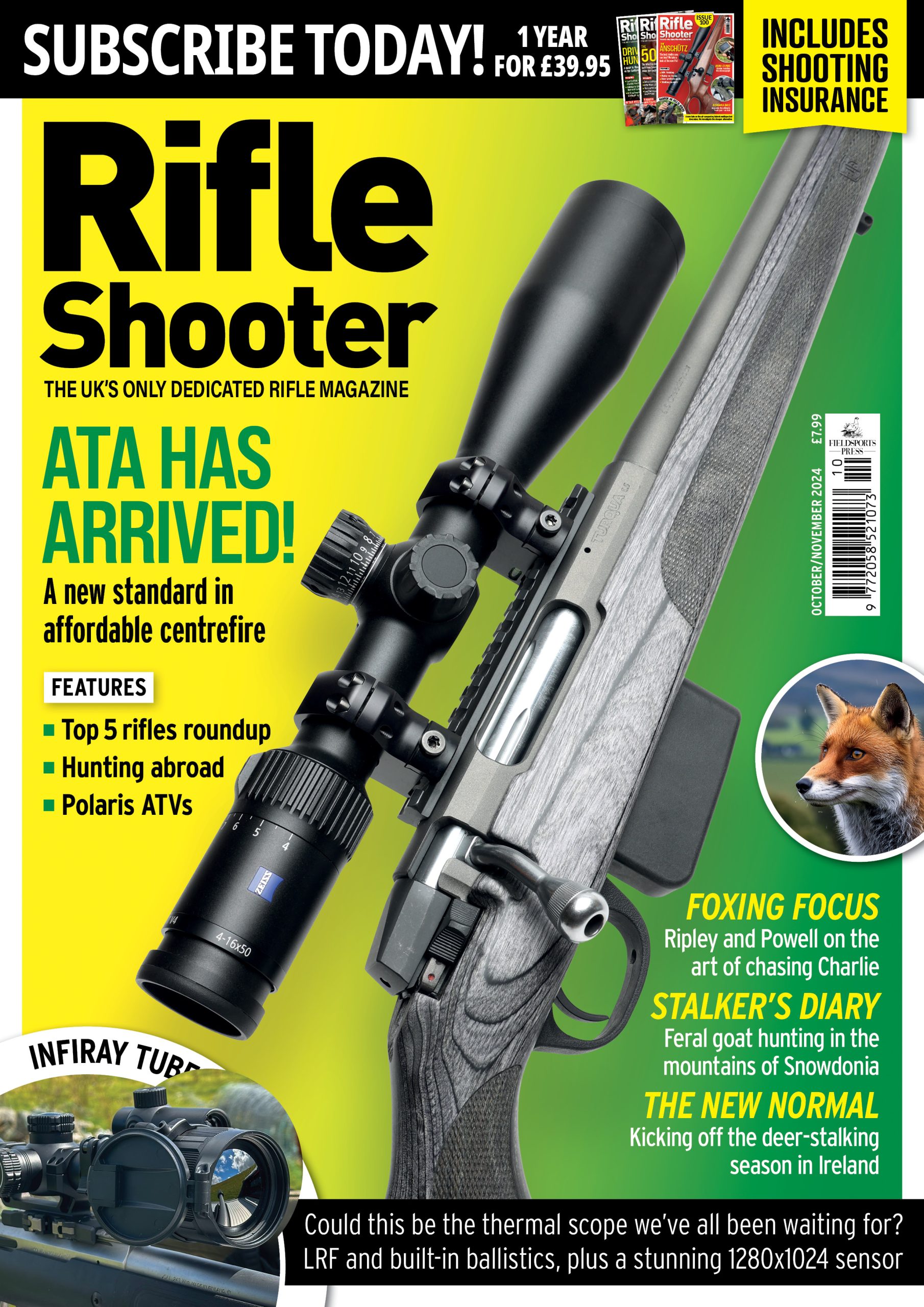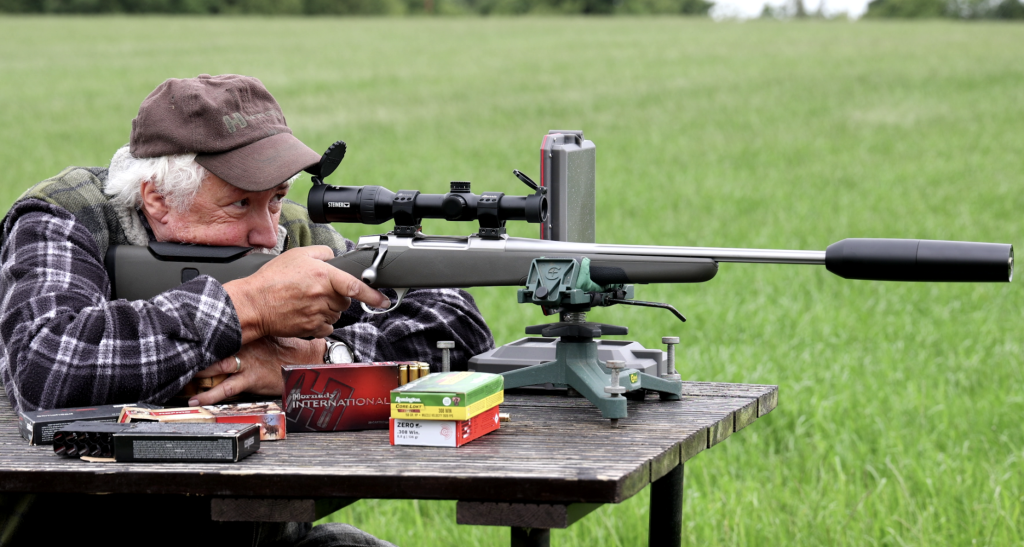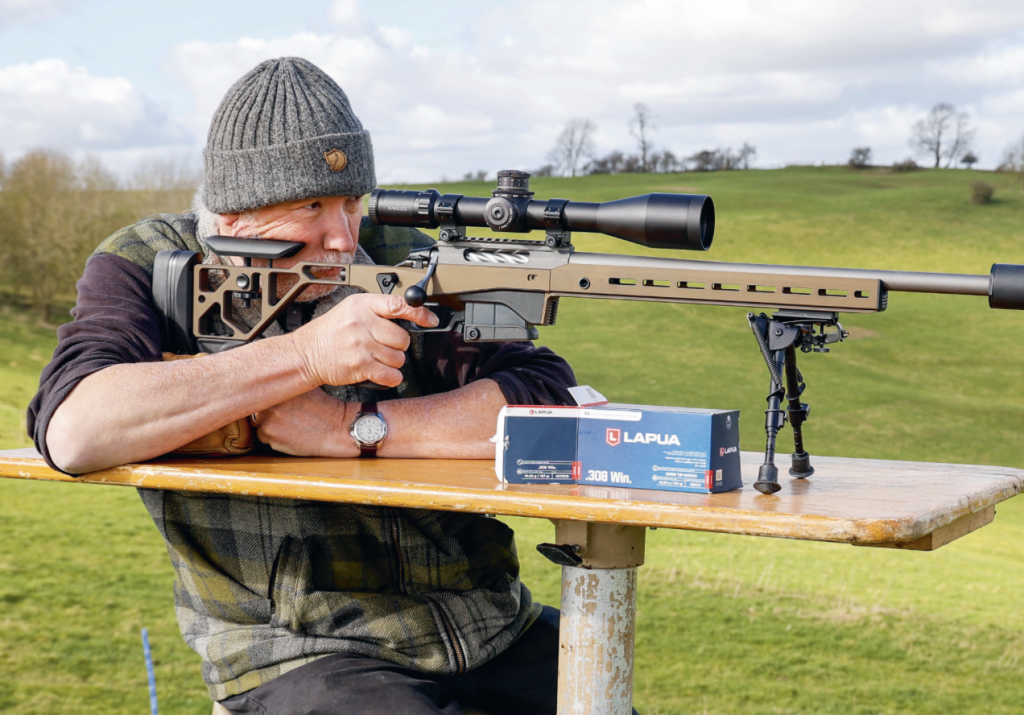Save on shop price when you subscribe to Rifle Shooter. Pay just £4.49 per issue – 44% cheaper than buying in-store. Subscribe here
5 key factors that affect accuracy in long-range shooting
Long-range rifle shooting is a complex skill with endless variables; here, we detail 5 basic factors that will affect your accuracy over longer ranges.
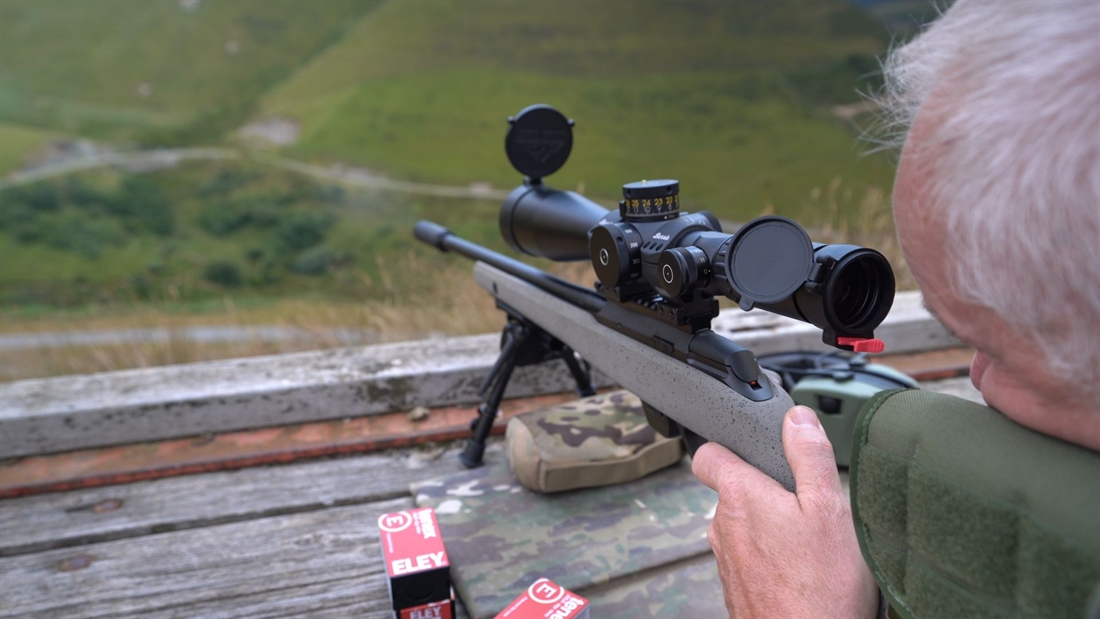
Long range rifle shooting is a challenging and rewarding sport that requires a great deal of skill, practice, and patience. Even the most experienced shooters can struggle to hit their targets if they don’t take into account the key factors that affect accuracy. In this article, we’ll discuss five important factors that affect accuracy in long range rifle shooting.
5 key factors that affect accuracy in long-range rifle shooting
1. Wind
Wind is one of the most significant factors that affect accuracy in long range rifle shooting. Wind can cause a bullet to drift off course, even at long distances. Experienced shooters know that they need to pay close attention to wind speed and direction and adjust their aim accordingly. Wind meters and flags can be used to estimate wind speed and direction, but ultimately, experience and judgment are the most essential tools for making accurate wind calls.
2. Elevation
Elevation can also have a significant impact on accuracy in long range rifle shooting. As a bullet travels through the air, it experiences the effects of gravity, which causes it to drop over time. Shooters need to know the range to their target and adjust their aim to compensate for bullet drop. This is typically done by adjusting the elevation of the rifle scope or using holdover marks on the reticle.
3. Temperature
Temperature can affect the accuracy of a long range rifle shot in several ways. Firstly, temperature can affect the velocity of the bullet. As temperature increases, the pressure inside the cartridge increases, which can result in higher bullet velocities. Secondly, temperature can affect the density of the air, which can in turn affect the way the bullet behaves in flight (see below for more information on this in relation to humidity). Shooters need to be aware of how temperature can affect bullet performance and adjust accordingly.
4. Humidity
Humidity can also affect the accuracy of a long range rifle shot. Humidity can affect the density of the air, which can affect the way the bullet behaves in flight. In general, higher humidity levels can result in slower bullet velocities and more bullet drop. Shooters need to be aware of how humidity can affect bullet performance and adjust accordingly.
5. Shooter Error
Finally, shooter error is another factor that can affect accuracy in long range rifle shooting; even if every other variable is accounted for, shooter error can cause a miss. This can include anything from poor technique, to flinching when pulling the trigger. Shooters need to be aware of their own tendencies and work to correct them through practice and training. Proper technique and consistent execution can go a long way in improving accuracy.
Conclusion
In conclusion, long range rifle shooting is a complex sport that requires a great deal of skill and knowledge. To achieve accuracy at long distances, shooters need to take into account the key factors that affect accuracy, including but not limited to: wind, elevation, temperature, humidity, and shooter error. By understanding these factors and practicing consistently, shooters can improve their accuracy and enjoy the challenge and rewards of long range rifle shooting.
Related Articles
Get the latest news delivered direct to your door
Subscribe to Rifle Shooter
Elevate your shooting experience with a subscription to Rifle Shooter magazine, the UK’s premier publication for dedicated rifle enthusiasts.
Whether you’re a seasoned shot or new to the sport, Rifle Shooter delivers expert insights, in-depth gear reviews and invaluable techniques to enhance your skills. Each bi-monthly issue brings you the latest in deer stalking, foxing, long-range shooting, and international hunting adventures, all crafted by leading experts from Britain and around the world.
By subscribing, you’ll not only save on the retail price but also gain exclusive access to £2 million Public Liability Insurance, covering recreational and professional use of shotguns, rifles, and airguns.
Don’t miss out on the opportunity to join a community of passionate shooters and stay at the forefront of rifle technology and technique.
